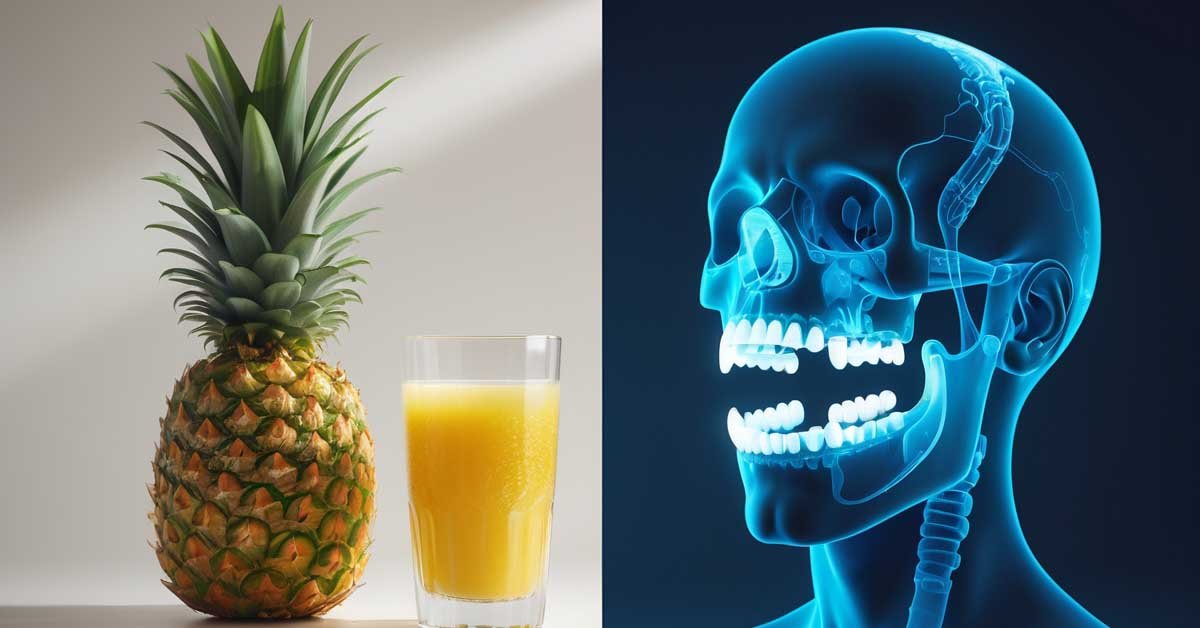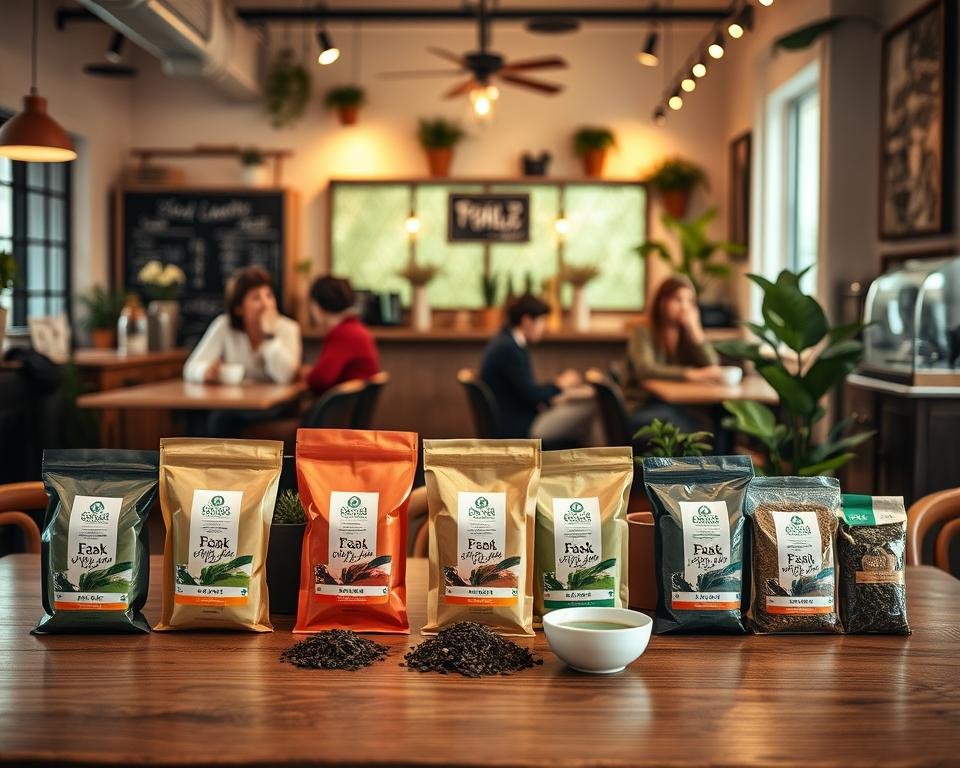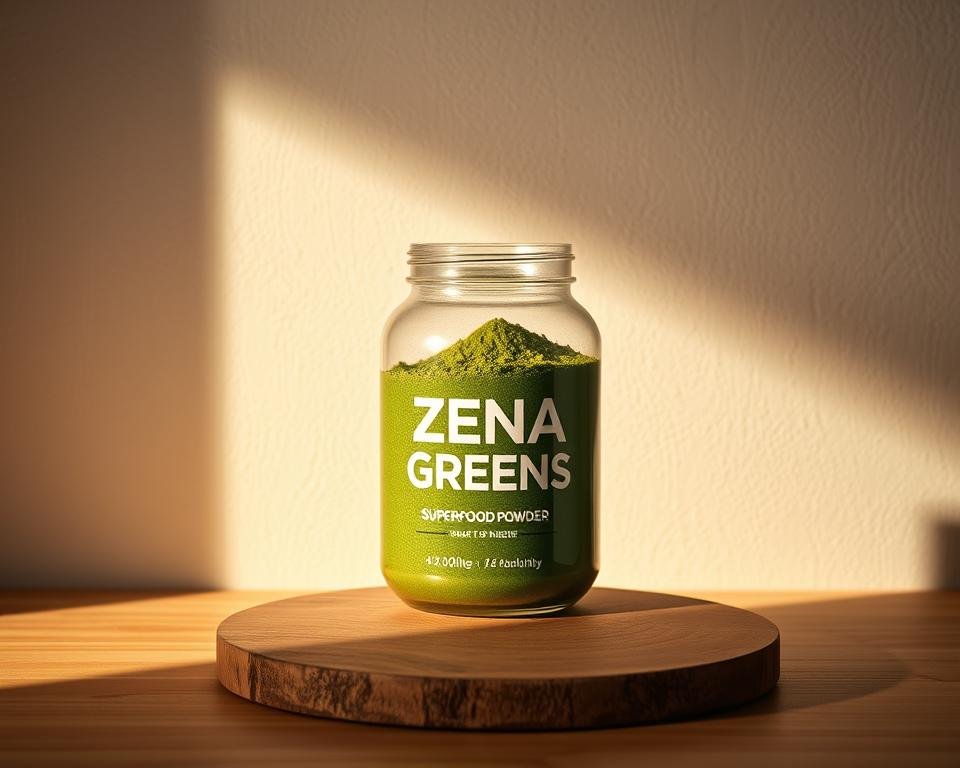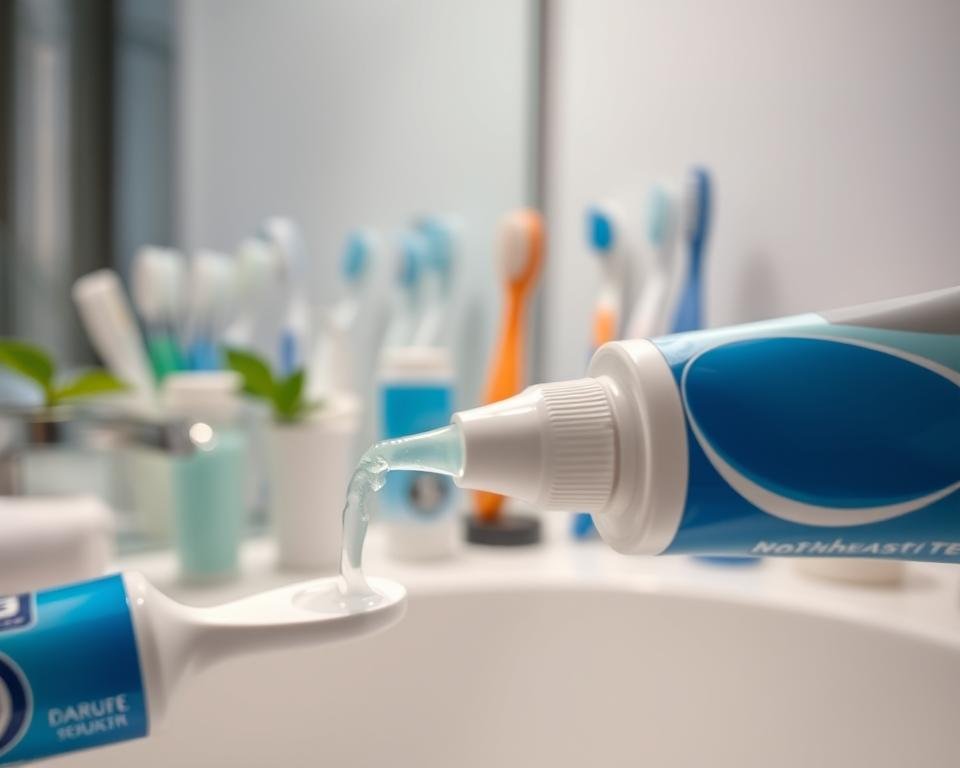Scroll through social media platforms like TikTok, and you might stumble upon a surprising pre-surgery ritual: people chugging massive cartons of pineapple juice in the 24 hours before their wisdom teeth removal. Videos show users claiming this simple hack dramatically reduced their post-operative swelling and pain, turning a dreaded recovery into a breeze. The trend has gone viral, with countless individuals swearing by its effectiveness.
This raises a crucial question for the health-conscious consumer: Is this a brilliant, science-backed wellness hack or just another sugary myth? At go4healthnfitness.com, our mission is to separate scientific truth from fleeting trends. While the idea of a tasty solution to surgical pain is appealing, we need to look beyond the anecdotal evidence.
This article will dive deep into the science behind the pineapple juice phenomenon. We’ll explore the active compound responsible for the claims, analyze the potential risks and expert opinions, and deliver a final verdict on whether you should be stocking up on juice before your dental appointment.
The Science Behind the Claim: What is Bromelain? 🍍
The entire pineapple juice theory hinges on one key ingredient: bromelain. This isn’t just a single substance but a complex mixture of enzymes found naturally in the pineapple plant (Ananas comosus), particularly in the stem and fruit. For centuries, it has been used in traditional medicine across Central and South America to treat indigestion and inflammation.
Modern science has since validated some of these uses. Bromelain is recognized for several key properties:
- Anti-inflammatory Effects: This is the most celebrated benefit regarding wisdom teeth recovery. Studies published in journals like Biomedical Reports have shown that bromelain may help reduce swelling by interfering with the body’s production of prostaglandins, which are compounds that mediate inflammation at sites of tissue injury. In essence, it helps calm the inflammatory response that causes the signature “chipmunk cheeks” after oral surgery.
- Analgesic (Pain-Relieving) Properties: By reducing inflammation, bromelain can also indirectly reduce pain. Some research suggests it may also affect pain-mediating pathways directly. A review published on PubMed Central noted that bromelain was found to be effective in reducing pain and swelling after dental surgery, sometimes performing comparably to common anti-inflammatory drugs.
- Fibrinolytic Activity: Bromelain can help break down fibrin, a protein involved in blood clotting. This action can potentially reduce bruising by preventing blood from becoming trapped in the soft tissues around the surgical site.
It’s this portfolio of evidence-based benefits that gives the social media trend a “kernel of truth.” The core claim—that a compound in pineapple can fight inflammation and swelling—is scientifically plausible. However, the method of delivery is where the story gets more complicated.
The Viral Hack Explained: How People Are Using It 💡
The trend isn’t about sipping a small glass of juice with breakfast. The viral “protocol” seen online typically involves consuming a very large quantity of pineapple juice shortly before the surgery.
Here’s what the trend usually looks like:
- The “Dosage”: Users often drink an entire 64-ounce (nearly 2 liters) carton of pineapple juice.
- The Timing: This is typically consumed the day or night before the scheduled wisdom teeth extraction.
- The Goal: To “front-load” the body with bromelain to prevent inflammation before it even starts.
Disclaimer: This popular method is a social media trend and not official medical advice. Before you consider trying this or any other pre-operative remedy, it is absolutely essential to consult with your oral surgeon or dentist. They can provide guidance based on your specific health profile and the requirements of your procedure, including pre-operative fasting rules.
Potential Risks and Expert Opinions 🩺
While the science of bromelain is promising, dental and nutritional experts are quick to point out the significant downsides of the viral juice-chugging method. The “no hype, just honest guidance” approach requires us to look at the full picture.
“While patients are understandably looking for ways to improve their recovery, I do not recommend this trend. The extremely high sugar load can cause stomach upset, which is particularly risky right before a procedure involving anesthesia. Furthermore, the actual concentration of active bromelain in commercial, pasteurized juice is often too low and inconsistent to guarantee a therapeutic effect.” – Dr. Alistair Finch, Board-Certified Oral Surgeon
Here are the primary concerns:
- Extreme Sugar Content: A 64-ounce carton of pineapple juice can contain over 180 grams of sugar. This massive, rapid intake can lead to a significant blood sugar spike and subsequent crash, causing jitteriness, headaches, and nausea. For individuals with insulin resistance or diabetes, this is particularly dangerous.
- Acidity and Oral Health: Pineapple juice is highly acidic. Flooding your mouth with this much acid can temporarily soften tooth enamel. While one instance is unlikely to cause permanent damage, it’s not ideal for overall oral hygiene.
- Gastrointestinal Distress: Consuming nearly two liters of any fruit juice in a short period is a recipe for digestive upset. Many people experience bloating, cramping, or diarrhea, which are uncomfortable and undesirable conditions to have right before surgery.
- Insufficient Bromelain Concentration: Most commercial pineapple juice is pasteurized (heat-treated) to extend its shelf life. This process can degrade or destroy a significant portion of the delicate bromelain enzymes. Therefore, you may be consuming all the sugar and acid for a negligible amount of the active ingredient. The highest concentration of bromelain is actually found in the tough, fibrous core of the pineapple, which is typically discarded.
“From a nutritional standpoint, this is a classic case of taking a healthy component of a whole food and overconsuming it in a processed form. You lose the fiber of the whole fruit, which helps moderate blood sugar, and are left with what is essentially sugar water with a few vitamins and a questionable amount of enzymes. There are far better anti-inflammatory foods to focus on.” – Maria Rodriguez, Registered Dietitian Nutritionist
To make it clear, let’s compare the pros and cons in a table.
| Pros of the Pineapple Juice Hack | Cons of the Pineapple Juice Hack |
| ✅ Contains bromelain, which has studied anti-inflammatory effects. | ❌ Extremely high in sugar, potentially causing blood sugar spikes and crashes. |
| ✅ May theoretically help reduce post-operative swelling. | ❌ Highly acidic, which can cause stomach upset and is not ideal for tooth enamel. |
| ✅ It’s a widely available and tasty option. | ❌ Commercial juice often has low/inconsistent bromelain levels due to pasteurization. |
| ❌ May interfere with pre-surgery fasting instructions and pose a risk with anesthesia. | |
| ❌ Lacks the fiber of whole pineapple, which mitigates sugar absorption. | |
| ❌ Anecdotal evidence is not a substitute for clinical guidance. The placebo effect may also be a significant factor. |
The Verdict: Does It Actually Work for Wisdom Teeth? ⚖️
So, what’s the bottom line? Does pineapple juice help wisdom teeth recovery?
The answer is nuanced but leans heavily towards no. While the theoretical basis is sound—bromelain is a legitimate anti-inflammatory agent—the viral method of drinking huge volumes of processed juice is an impractical, unhealthy, and unreliable way to achieve a therapeutic dose.
The potential benefits are far outweighed by the risks of high sugar intake, digestive distress, and interference with your surgeon’s pre-operative instructions. The viral trend is a classic example of wellness folklore where a seed of scientific truth is nurtured into an exaggerated and potentially unhelpful practice. Relying on this hack is more likely to give you a stomach ache than a seamless recovery.
Instead of seeking a “magic bullet” solution, the key to a smooth recovery lies in following the proven, evidence-based guidance provided by medical professionals.
Smarter, Safer Recovery Tips From the Experts 🥣
For a truly effective and natural wisdom teeth recovery, focus on these expert-approved strategies instead of trendy hacks.
- Use Cold Compresses: For the first 24-48 hours, applying an ice pack to your cheeks for 20 minutes on, 20 minutes off is one of the most effective ways to reduce swelling and numb pain.
- Follow Your Prescription: Your surgeon will likely prescribe pain medication and possibly antibiotics. Take them exactly as directed to manage pain and prevent infection. Don’t try to “tough it out.”
- Embrace a Soft Food Diet: Your jaw will be sore. Stick to soft, easy-to-eat foods that require minimal chewing. Good options include:
- Yogurt or kefir
- Applesauce
- Mashed potatoes or sweet potatoes
- Smoothies (but don’t use a straw!)
- Scrambled eggs
- Oatmeal or porridge
- Blended soups
- Practice Gentle Oral Hygiene: Keeping the area clean is vital for preventing infection. Your surgeon will give you specific instructions, which usually involve gentle saltwater rinses (1/2 teaspoon of salt in a glass of warm water) starting 24 hours after surgery.
- Stay Hydrated (with Water!): Drink plenty of water to help your body heal and flush out toxins.
- Avoid Straws, Smoking, and Spitting: These actions create suction in the mouth, which can dislodge the crucial blood clot that forms in the tooth socket, leading to a painful condition called “dry socket.”
- Get Plenty of Rest: Your body heals best when it’s resting. Allow yourself to take it easy for a few days post-surgery.
Key Takeaways
For those who want the information at a glance:
- The Claim: Drinking lots of pineapple juice before wisdom teeth surgery is said to reduce swelling and pain.
- The Science: Pineapple contains bromelain, an enzyme with proven anti-inflammatory properties.
- The Flaw: The viral method requires drinking an unhealthy amount of sugary, acidic juice that likely contains very little active bromelain due to pasteurization.
- The Risks: The hack can cause stomach upset, blood sugar spikes, and may interfere with fasting protocols for surgery.
- The Verdict: This is a wellness myth. The risks and impracticality outweigh the theoretical benefits.
- The Better Way: Follow your surgeon’s advice: use ice packs, take prescribed medication, eat soft foods, and practice gentle oral hygiene for a safe and effective recovery.
Conclusion
The allure of a simple, delicious fix for post-surgical pain is strong, and it’s easy to see why the pineapple juice trend took off. It’s rooted in a real scientific concept: the power of bromelain. However, as we’ve seen, the application of that science is deeply flawed. At go4healthnfitness.com, we champion wellness choices that are grounded in solid evidence and expert consensus.
Instead of chugging juice, trust the time-tested recovery protocols your dental team provides. Making informed decisions, questioning viral trends, and prioritizing safe, proven methods is the truest path to a healthy recovery.
Frequently Asked Questions (FAQ)
1. Can I just eat whole pineapple instead of drinking the juice? Eating fresh, whole pineapple is certainly healthier than drinking processed juice because it contains fiber, which helps manage blood sugar. However, the highest concentration of bromelain is in the tough, inedible core. You would need to eat a very large amount of the fruit’s flesh to get a potentially therapeutic dose, which could still cause mouth or stomach irritation due to the acidity and enzymes.
2. Are bromelain supplements a better alternative? This is a much more logical approach. Bromelain is available in capsule or tablet form, which provides a concentrated, standardized dose without the sugar and acid. However, you must not take any supplements before surgery without explicit approval from your surgeon. Bromelain can have blood-thinning effects and may interact with anesthesia or other medications. Always discuss supplements with your doctor.
3. How much pineapple juice is too much? General health guidelines, like those from the American Heart Association, often recommend limiting fruit juice to one small glass (about 4-8 ounces) per day due to its high sugar content and lack of fiber. Drinking a 64-ounce carton in a day is well beyond any standard health recommendation and is considered excessive.
Sources
- National Center for Complementary and Integrative Health (NCCIH): Bromelain
- PubMed Central, National Institutes of Health: The effect of bromelain on inflammation, pain, and swelling after dental surgery
- Mount Sinai Health System: Bromelain Information
- Biomedical Reports Journal: Potential role of bromelain in clinical and therapeutic applications
- Cleveland Clinic: Wisdom Teeth Removal Recovery
- U.S. Department of Agriculture (USDA) FoodData Central: Nutritional data for Pineapple Juice




